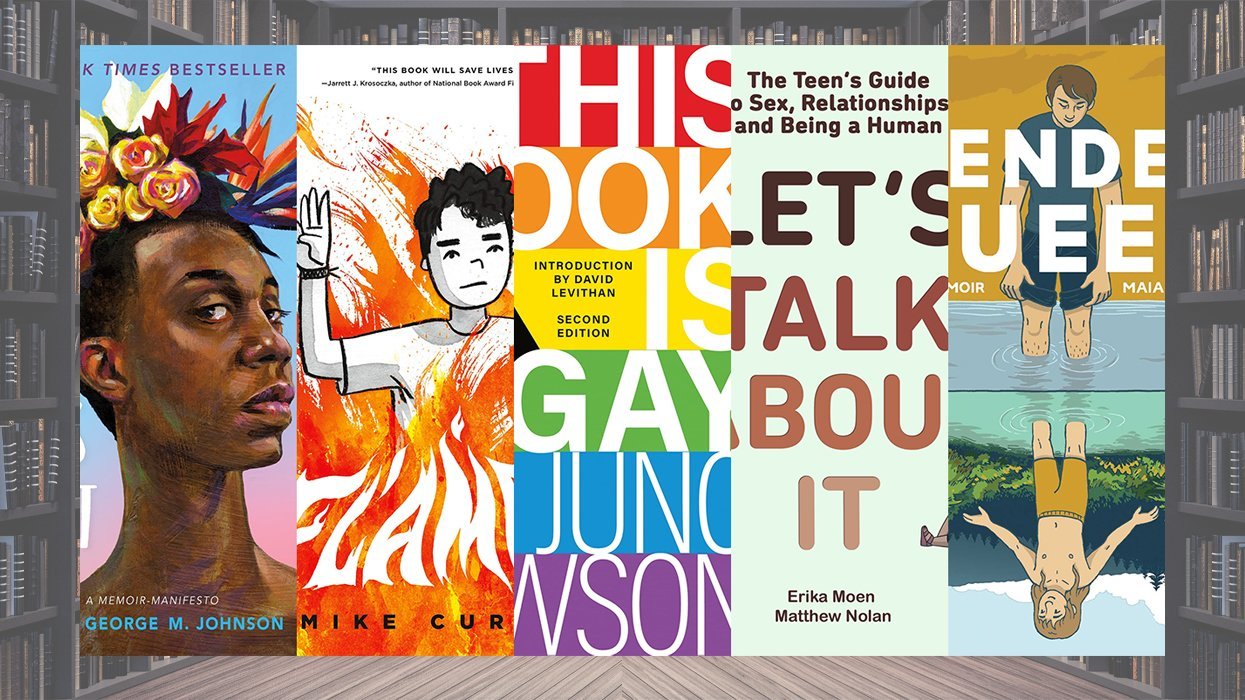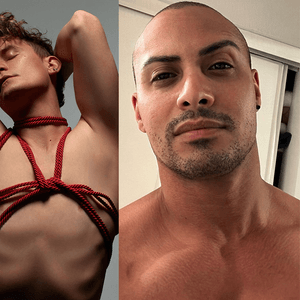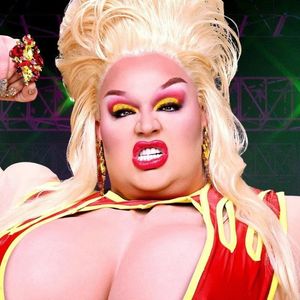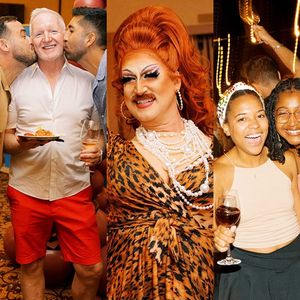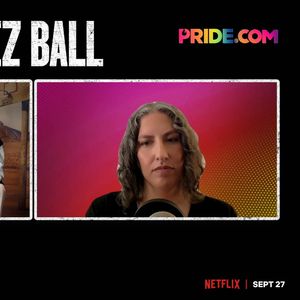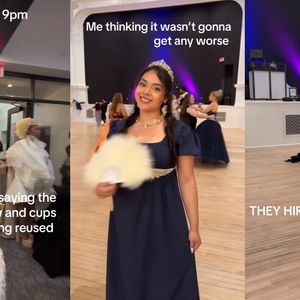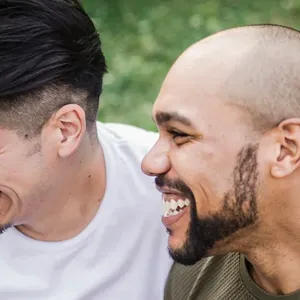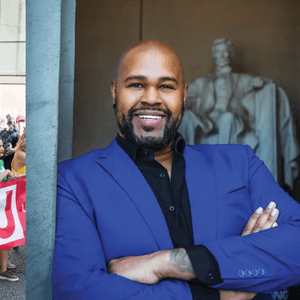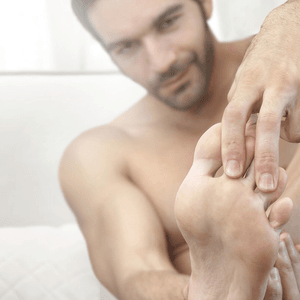It’s easy to recall the Menendez drama — and I’m not talking about the episodes I’ve seen so far on Netflix’s The Monster.
If you are a person of a certain age who was around when Lyle and Eric Menendez shot and killed their parents, stood trial for the crime, and were convicted, then you remember the innumerable avalanche of rumors, sexualization, disgust, and captivation that swirled around that inauspicious crime during a time of ignorance about child sexual abuse.
It’s hard to explain to someone who wasn’t around in the late 1980s and early 1990s what it was like when all of this stimulation and revelation was transpiring. Those years were a time when young gay men were mostly in the closet, when newspapers, weekly magazines, and the nightly news were the only sources of information, molesting children was not to be discussed, and wild gossip could hum along mostly unsubstantiated and spread, unabated, like wildfire.
When news first broke about the Menendez murders, there was so much talk about their sons, Eric and Lyle, and the tragic nature of the crime, but then the story took all kinds of exaggerated twists and turns. If the Menendezes were a middle-class family with two sons who didn’t have model looks, this story would have been relegated to the back pages. But, as it is even in this day and age, money and beauty put it on the front page everywhere.
Lyle and Eric were gorgeous, and as a young man who yearned for validation about my sexuality, it was almost a forced fantasization of one or both of them being gay. At least one of them had to be. They were so good-looking, they lived in Beverly Hills, they were wealthy. Romanticizing them was easy.
I know I’m not the only one who felt this way. The less you knew about a handsome celebrity or someone in the news, the more you could speculate that they might be gay. Rumors about famous men being gay were always floating around, and I suspect they sprang up in gay bars around the country because we had little to no out-and-proud luminaries. We were desperate for someone for a famous gay to cling to.
Want proof? I remember hearing rumors about Bill Clinton being gay, and that’s mainly because he was the first presidential candidate who publicly had gay friends — so the old axiom birds of a feather was twisted to fit Clinton. The point is that you grasped every whisper about the possibility of someone being gay because the whispers were enough to satisfy a wish.
Undoubtedly in that environment, rumors about the Menendez brothers being gay started to percolate once all the facts began seeping out about them being charged with killing their parents. This was before social media, before Google, before 24/7 cable news, so a rumor started in a gay bar, for example, could spread wide and far without being checked — because there was no way to physically prove it.
On a trip to Los Angeles in the early 1990s, I was hanging out with this group of gay guys, and I remember one of them saying something to the effect of “I know someone who hooked up with Eric” and another person responding, “My friend knows someone who slept with Lyle.”
I knew nothing about these gossipmongers because I couldn’t verify them then, but the fact that they might have been lying through their teeth meant nothing. I accepted their farcical tales as the truth, because, and it bears repeating, I was desperate to feel that my sexuality was validated by someone famous. And I went back to the East Coast and spread what I heard, i.e. “I met some guys who said Eric and Lyle were gay.”
There was lots of buzz about Lyle, then Eric, then yes, Eric and Lyle — were the two brothers incestuous? Their trial included testimony that Lyle was abused by his father, and then in turn Lyle abused his little brother. I remember rolling my eyes at that, but at the same time subconsciously thinking that it could be true — but not in the way you might think.
Lyle and Eric were devious enough to kill their parents. Wouldn’t they also be wild — or warped — enough to have sex with each other — not as children but as adult men? And don’t forget this part, because it’s important to the self-loathing I felt at the time. My sexuality was deviant, and if they were having sex with each other, sex between two adult brothers, then I too was a deviant. That’s just a reflection of the absurd reality I was living in.
Surprisingly, this scenario of sexual tension between the two brothers is hinted at in the Netflix series. I think the show’s creator, Ryan Murphy, who is also a gay man of a certain age, must have felt the same way about the incest chatter like many of us did.
These boys were beautiful. And so there were swipes at them to try and diminish their all-American image. The most memorable was that Lyle wore a wig. When the trial was going on, I made sure to sit close to the TV to see if Lyle’s hair was the real deal. Or when I’d see his picture in a magazine, strain to get as close as I could. This is before you could enlarge an image in your hand to get an extreme close-up. Or freeze a frame on a high-definition television to get a better look.
Just like the incest rumor, the wig rumor roared, and again, to my surprise, there it was shown in the series when Lyle’s mom ripped the hairpiece off his head. When the show revealed that Eric was shocked that Lyle wore a wig, it mirrored the fact that millions of us were also kept in the dark about his toupee.
The Menendez trial brought something else out of the dark, though not in a good way, and that was child sexual abuse. This subject was not only taboo but regrettably misunderstood, and certainly never discussed. When the boys brought it up at trial as a reason for why they killed their parents, most of us didn’t believe them, and that’s when I began to sour on my infatuation with Eric and Lyle.
How desperate could they be to claim something so unheard of as sexual abuse? I was abused by a priest as a teen, and I hadn’t come to terms with that in my early and mid-20s. It was unimaginable that a parent could have sex with their kids. Totally out of the realm of possibilities, even for someone like me. And looking back, maybe my denial of their admission was my way of denying my own experience.
I’ve come to realize that the Menendez boys were most likely abused. Yes, they were spoiled jerks who loved their money and fame, and at the same time, they were likely tormented about what happened to them.
Beyond all the rumors, fantasy, innuendo, speculation, adoration, fascination, and mostly ignorance about the damage of abuse, two people were brutally killed by their children. It’s a horrific story, and while the miniseries on Netflix is sensationalizing and sexualizing all that happened around it, the fact remains that Lyle and Eric Menendez, whoever they were and are, are convicted murderers.
If this all happened today, yes there’d be a media circus, dripping with sexualization; yet, there would also be more of an understanding about the ramifications of child sexual abuse, and how damaging it is to children. It makes you wonder if Lyle and Eric would be serving a life sentence for the murders if the trial was held in this day and age.
Voices is dedicated to featuring a wide range of inspiring personal stories and impactful opinions from the LGBTQ+ community and its allies. Visit Advocate.com/submit to learn more about submission guidelines. Views expressed in Voices stories are those of the guest writers, columnists, and editors, and do not directly represent the views of The Advocate or our parent company, equalpride.

























